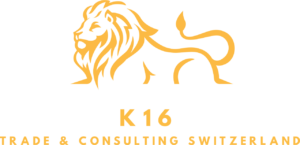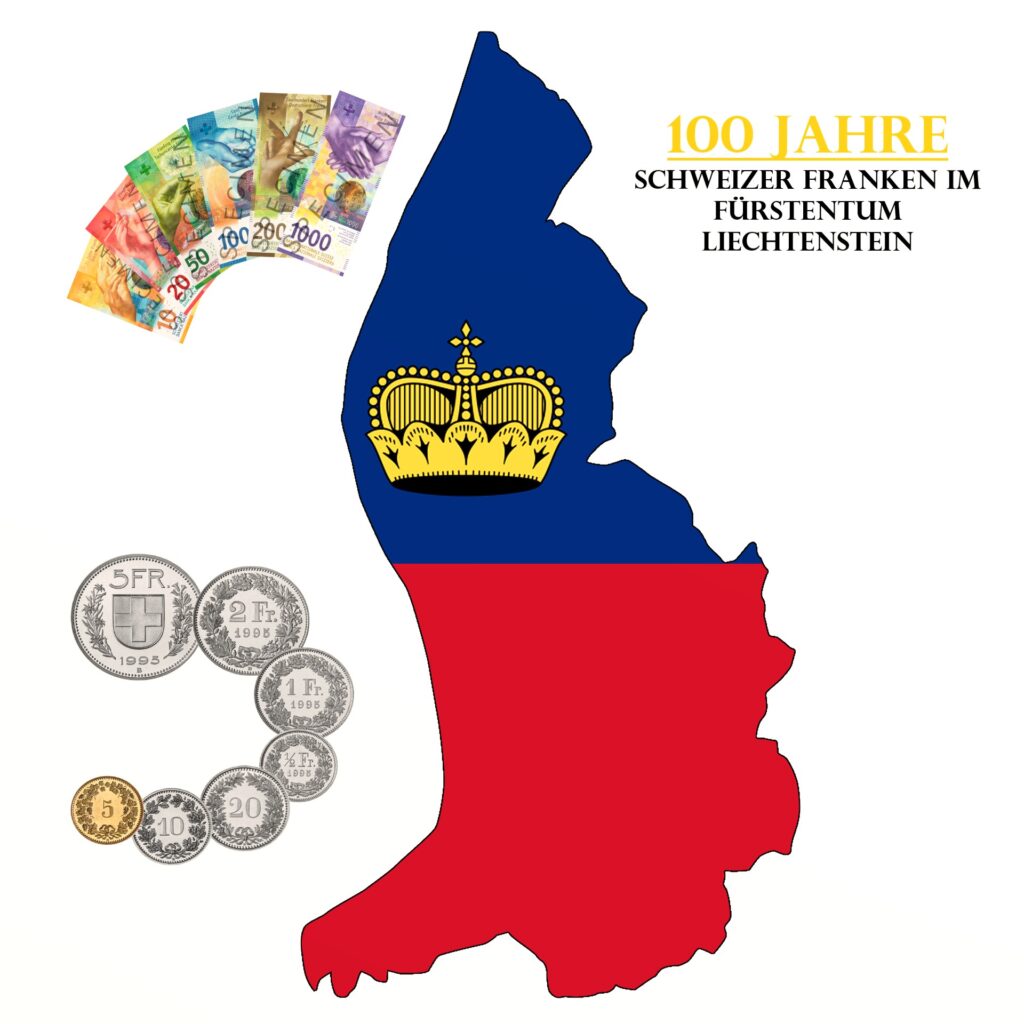100 years ago Liechtenstein embraced the Swiss franc
On April 11, 1924, the Principality of Liechtenstein officially adopted the Swiss franc as its legal tender, abandoning the Austrian krone. This decision, along with the customs union with Switzerland, laid the foundation for considerable economic development in the state, despite its small size.
This centennial marks the end of a 100-year-long series of celebrations covering a watershed period for Liechtenstein. This period includes important events such as the adoption of the Constitution in 1921, the conclusion of the customs treaty in 1923, and the introduction of the Swiss franc in 1924.
Today the small principality can be happy about the decisions made in those contexts.
Thanks to the Swiss franc, purchasing power has grown rapidly
The stability of the currency has spurred rapid economic development in Liechtenstein, which currently tops the per capita purchasing power ranking in Europe, surpassing even Switzerland.
Commemorative coins for the centenary of “100 years of the Swiss Franc in Liechtenstein”
To mark the centenary of the adoption of the Swiss Franc in the Principality of Liechtenstein, Liechtensteinische Post AG has asked the government to issue a set of commemorative coins. This set includes two gold coins and four silver coins. The issuance of the coins is fully managed by Liechtensteinische Post AG, which also bears the financial risk.
According to Article 2(2) of the Monetary Treaty between the Principality of Liechtenstein and Switzerland, the government has the power to issue Swiss franc coins subject to the approval of the Swiss Federal Department of Finance. The issuance of these coins is based on a special law, as has been the case with previous commemorative coin issues.







